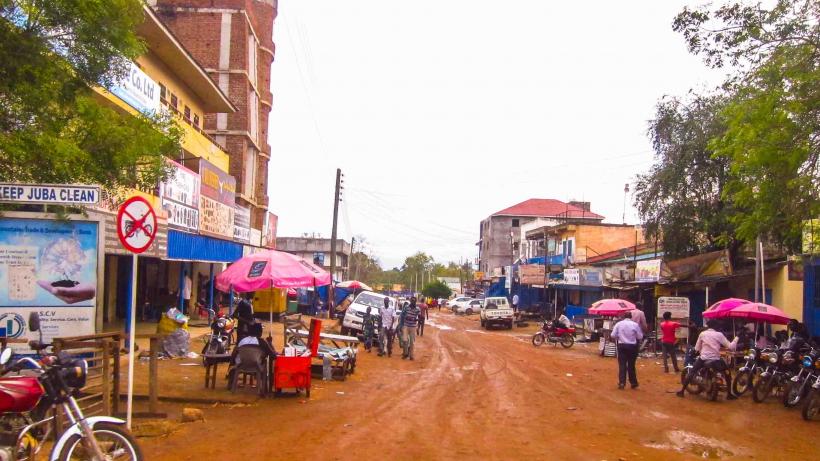
Monetary and exchange rate management: Policies and processes for stability and growth
-
Presentation: Exchange rate reform in South Sudan (Keith Jefferis)
PDF document • 786.64 KB
On gaining independence in 2011, South Sudan introduced a new currency, the South Sudanese Pound (SSP), which initially traded at an official rate of 2.96 SSP to the dollar. Unlike the official rate that has depreciated by 50 per cent over the past four years, the parallel rate has depreciated more rapidly and now stands at 16.5 SSP to the dollar. Most of the SSP’s depreciation has taken place in the past year, and has accelerated further over the last six months.
A major driver of the increasing gap between the official and black market rate is the Bank of South Sudan’s (BoSS) decision to maintain a fixed official exchange rate despite a steady decline in foreign currency reserves. This decline dates back to 2012 when South Sudan shut off its oil production in response to Sudan’s unilateral decision to confiscate South Sudan’s oil in exchange for the use of Sudan’s pipeline. The outbreak of conflict in December 2013, and its subsequent intensification, particularly in the oil producing areas, worsened the situation. The production of oil, South Sudan’s main source of foreign currency, has been reduced by nearly 50 per cent. Concurrently to this, there has been a sharp decline in oil prices, which has complicated the situation further. Accordingly, South Sudan’s gross reserves have fallen from over $800 million in December 2013 to about $108 million in July 2015, an amount that is enough to cover a mere 11 days of imports.
At the same time, the Government of South Sudan’s spending has increased. Revenues have fallen and are now far below the budget requirements, resulting in South Sudan running a large budget deficit. Currently, existing revenues are financing between 25 per cent and 30 per cent of spending, with the deficit being financed by borrowing money from the Bank of South Sudan. This, in turn, has led to a growth in the money supply, the depreciation of the exchange rate and rising inflation.
Keith Jefferis, the former Deputy Governor of the Bank of Botswana, was invited by the Bank of South Sudan to examine the exchange rate issue. This public event was the culmination of a week of meetings with policy makers and stakeholders that explored the root causes of the current economic situation and proposed options for exchange rate reform in South Sudan.

